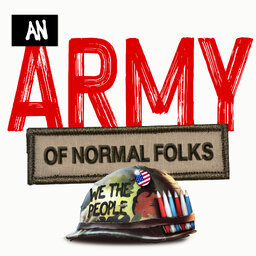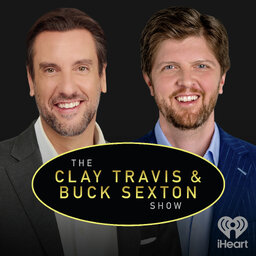Luke Mickelson: No Kid Sleeps On The Floor In Our Town! (Pt 1)
In 2012 Luke was inspired to build and donate a bed after learning about a 6-year-old girl in his community who slept on the floor. Realizing how widespread the need was, Luke founded Sleep in Heavenly Peace (SHP), a volunteer-driven nonprofit whose 285 chapters have built around 140,000 beds for kids without them. But there’s many more areas that need chapters and there’s many more kids without beds.
In 2 playlist(s)
An Army of Normal Folks
Our country’s problems will never be solved by a bunch of fancy people in nice suits talking big wor…Social links
Follow podcast
Recent clips
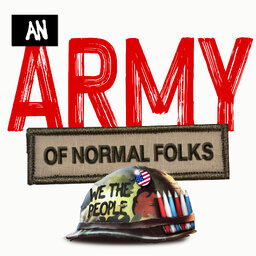
What Happens When You See the Person Everyone Else Ignores
13:15
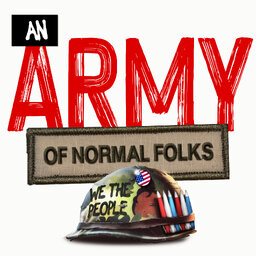
How to Turn Your Spending Into Someone's Second Chance. Or First Chance (Pt 1)
33:45
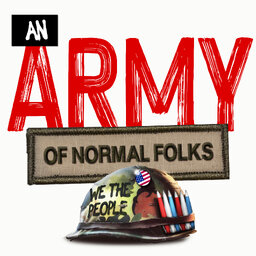
How to Turn Your Spending Into Someone's Second Chance. Or First Chance (Pt 2)
1:14:58
 An Army of Normal Folks
An Army of Normal Folks